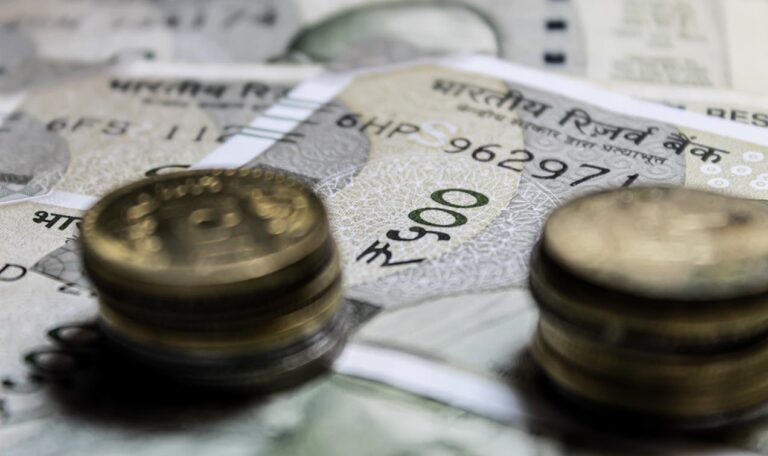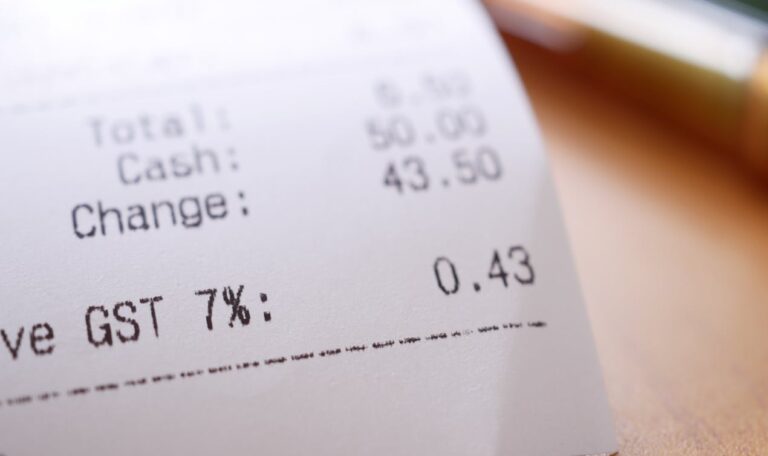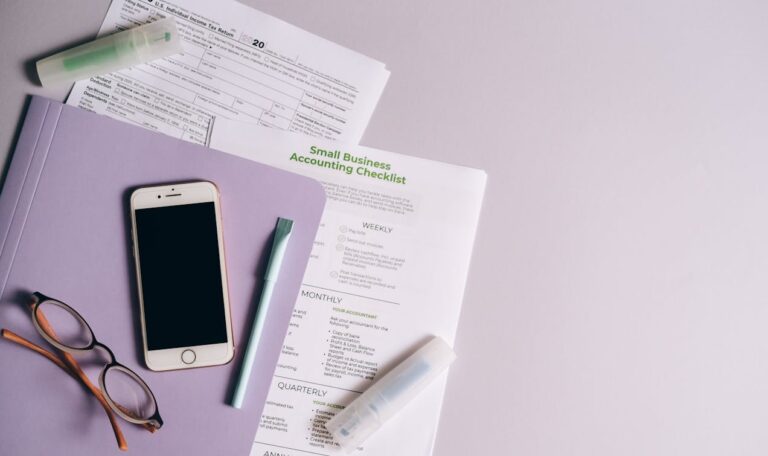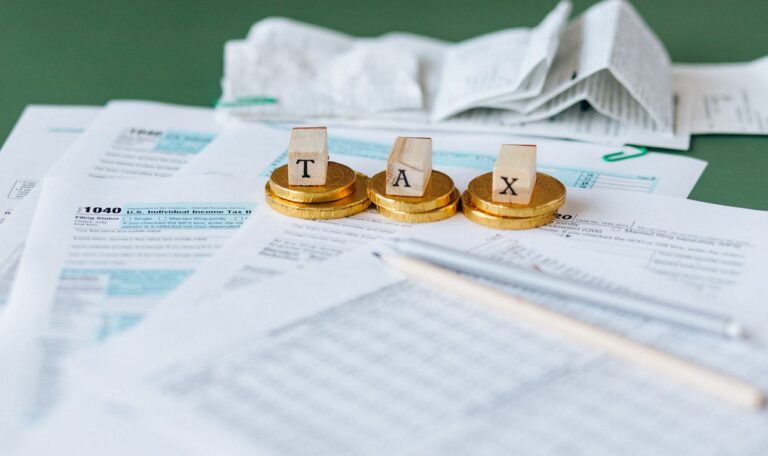Before filing your income tax return in India, the most important factor to assess is your residential status under Indian tax law. Your tax liability on..


Before filing your income tax return in India, the most important factor to assess is your residential status under Indian tax law. Your tax liability on..

If you’re expecting to receive payments where TDS will be deducted at standard rates, but your actual tax liability is lower or zero, you can apply..

Late filing of GST returns not only attracts penalties and interest but also leads to blocked e-way bills, delayed refunds, and even suspension of GST registration. As..

If you’re an Indian resident who owns foreign bank accounts, property, stocks, or business interests, you are required to disclose these foreign assets in your income..

Receiving a notice from the Income Tax Department can be stressful, but most notices are routine and manageable if handled correctly. Whether it’s for missing documents,..

Planning to start a business abroad as a resident Indian or invest in a foreign company from India? Or setting up a business in India with..

Banks in India deduct Tax Deducted at Source (TDS) on interest income earned from fixed deposits, recurring deposits, or savings interest (in some cases). If your..

If your total tax liability exceeds ₹10,000 in a financial year, you are legally required to pay advance tax. Instead of waiting for year-end, the Income Tax..

If you’re doing business in India, chances are you’re required to register for Goods and Services Tax (GST). Whether you’re a trader, service provider, freelancer, e-commerce seller,..

Filing your Income Tax Return (ITR) is a key part of financial compliance in India. With the government’s push for digital services, individuals and businesses can now..